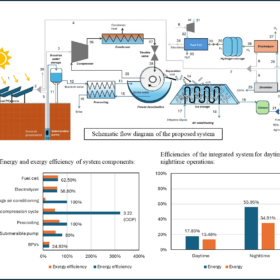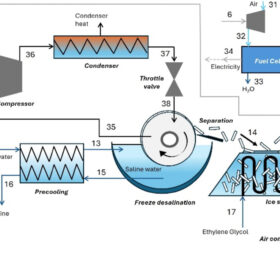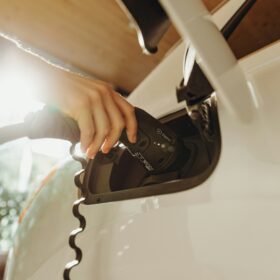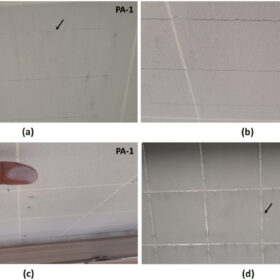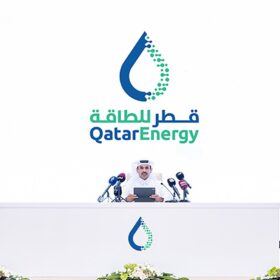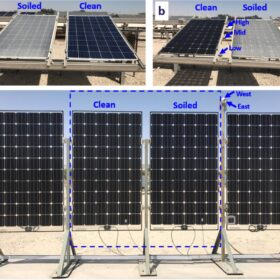The Hydrogen Stream: MENA H2 projects surge in 2024
Dii Desert Energy says hydrogen projects in the Middle East and North Africa (MENA) surged to 117 installations in 2024, with 90% classified as green, while Plug Power has introduced the first-ever spot pricing program for liquid green hydrogen.
Why and where solar PV succeeded in Arab Gulf states
A US-UAE research team has investigated how regulatory regimes impacted solar power deployment across six Arab states of the Persian Gulf. Their findings show that the predominant role of the state is expected to continue.
Solar-driven brine management system for hydrogen, chlorine production
Researchers have developed a novel energy system comprising PVT panels, reverse osmosis, reverse electrodialysis, and proton exchange membranes. The proposed setup can purportedly produce 18.78 kg/day of hydrogen and 120.6 m³/day of freshwater.
The Hydrogen Stream: Qatari researchers unveil PV-led desert agriculture system
Researchers in Qatar have proposed a solar-powered freeze desalination and electrolysis system for freshwater and green hydrogen production, while BP says it has made a final investment decision for its 100 MW Lingen Green Hydrogen project in Germany.
Self-powering greenhouse based on PV, BESS, hydrogen
Scientists have designed a greenhouse system that involves a battery energy storage system, hydrogen production and storage, as well as a semi-transparent PV array. The system was optimized for maximal net present value and minimal dependency on the grid.
PV-powered system to desalinate water, produce H2 for desert agriculture
Scientists have proposed a standalone system that uses freeze desalination and ice for air conditioning. It requires 10,785 square meters of c-Si bifacial PV panels and can operate throughout the day. Energetic efficiency is calculated as 17.8% during the day and 56% at night.
Standalone PV-hydrogen-battery system for EV charging
Researchers in Pakistan have tested several configurations of an offgrid PV-hydrogen system intended to power EV chargers. The system achieved the lowest levelized cost of electricity when it was combined with battery storage.
A closer look at backsheet degradation in desert enviromnents
A Qatari research group has analyzed the performance of polyethylene terephthalate backsheets in real outdoor testing conditions in desert areas and has identified the main causes that lead to degradation. These include prolonged exposure to high ultraviolet radiation, high operating temperature cycling, and relative humidity.
QatarEnergy to build 2 GW solar plant
QatarEnergy has unveiled plans for a 2 GW solar project in western Qatar, which will more than double the country’s cumulative installed solar capacity.
East-west vertical PV as an antidote for soiling in desert climates
New research from Qatar shows that east-west-oriented vertical PV installations can significantly help reduce soiling in desert climates. The scientists found that PV power generation can be up to 9% higher in vertical systems compared to conventional arrays.



